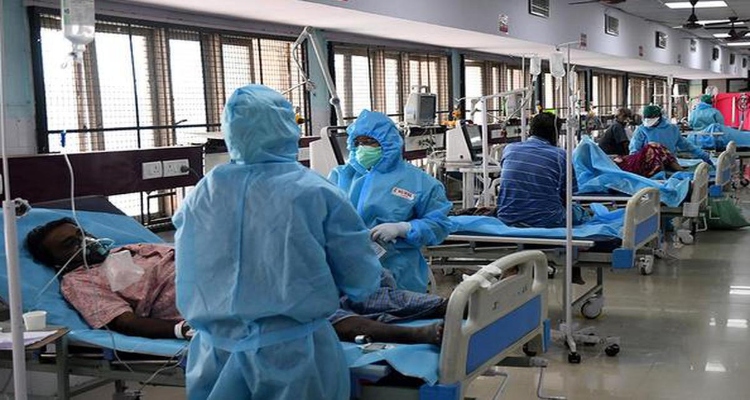
The Madras High Court, in the case of Dr D Hariharan & Ors v. Union of India, upheld the Tamil Nadu government’s decision to grant incentive marks to government doctors involved in COVID-19 duties, even amid the ongoing selection process for assistant surgeons in the State.
Chief Justice SV Gangapurwala and Justice D Bharatha Chakravarthy, presiding over the bench, acknowledged the extraordinary circumstances brought by the COVID-19 pandemic, stating that such exceptional situations warranted deviations from established legal norms.
The Court expanded the scope of this incentive scheme to include postgraduate medical students engaged in COVID-19 duties at government hospitals throughout the State. It recognized the significant efforts and risks undertaken by these postgraduate students in COVID wards, affirming their eligibility for the same incentive marks as their medical officer counterparts.
In its judgment, the Court underscored the constitutional principle of recognizing and expressing gratitude for service to humanity. It asserted that denying these medical officers their due incentive would contradict this principle, especially considering their courageous efforts amid a life-threatening pandemic.
The Court addressed a series of petitions challenging the Tamil Nadu Government’s August 17, 2023, Government Order (GO) that granted incentive marks to health professionals involved in COVID-19 duties during regular government appointments. Another set of petitions sought similar benefits for postgraduate medical students.
Opponents of the GO argued that awarding incentive marks after completing the written examination for assistant surgeons and midway through the selection process was legally untenable.
The Court noted that the assistant surgeon examination occurred on April 25, with the final answer key released on June 23. Subsequently, doctors moved the Court on July 13, seeking additional weightage marks for their COVID-19 duties. Following this, the State government issued the GO on August 17.
Regarding objections about the timing of the GO and its exclusion of private hospital doctors involved in COVID-19 treatment, the High Court maintained the validity of the GO. However, it concurred with the postgraduate students’ claim that they should also benefit from the incentive marks.
The Court clarified that the exclusion of postgraduate students based on their training period was an incorrect interpretation of the GO. It emphasized that these candidates, being postgraduates, deserved additional recognition in the public interest.
The Court directed all postgraduate students engaged in COVID-19 duties in government hospitals to approach the relevant authority mentioned in the Government Order within ten days to obtain a COVID Duty Certificate.
Advocate Suhrith Parthasarathy represented the doctors advocating for incentives for postgraduate students, while advocates Vineeth Subramaniam and V Pavel represented the doctors opposing the GO. Advocate R Thamaraiselvan represented doctors seeking incentive marks for those from private hospitals. Additionally, Additional Solicitor General ARL Sundaresan appeared for the Central government, and Additional Advocates General J Ravindran and Ramanlaal, along with Government Advocates TK Saravanan and L Murugavelu, appeared for the State government.




